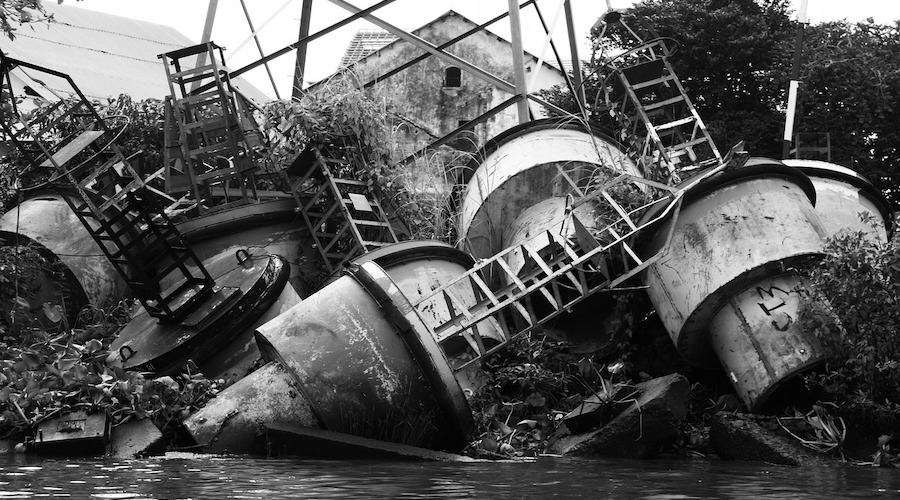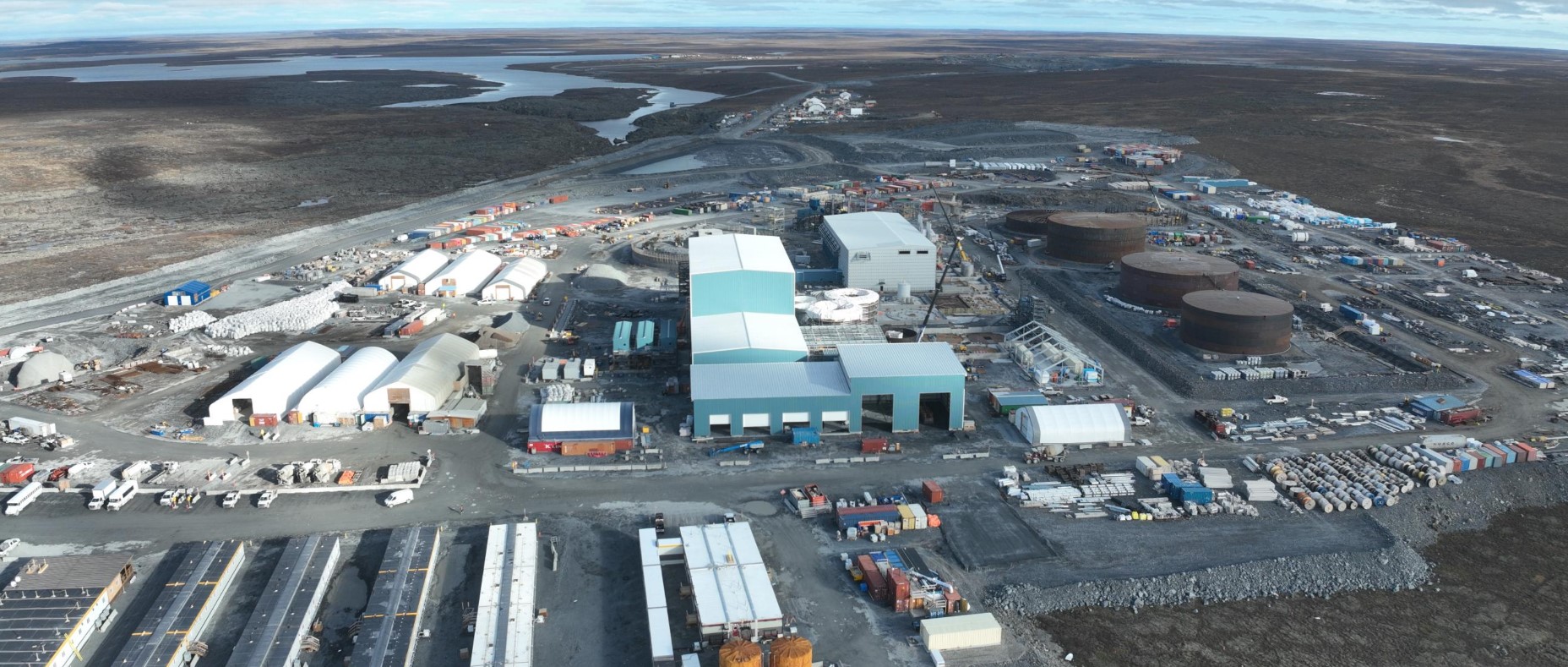Researchers develop new method to easily recover palladium, silver from industrial waste

Researchers from Kanazawa University in Japan developed a mechanism to improve the recovery of silver and palladium ions from aqueous acidic waste.
In a paper published in the Chemical Engineering Journal, the scientists explain that the process they developed involves chemically modifying ultrasmall particles of cellulose – an abundant and nontoxic biopolymer – to selectively adsorb silver and palladium ions at room temperature. Adsorption was nearly complete at acidic pH with acid concentrations of around 1 to 13% by volume.



